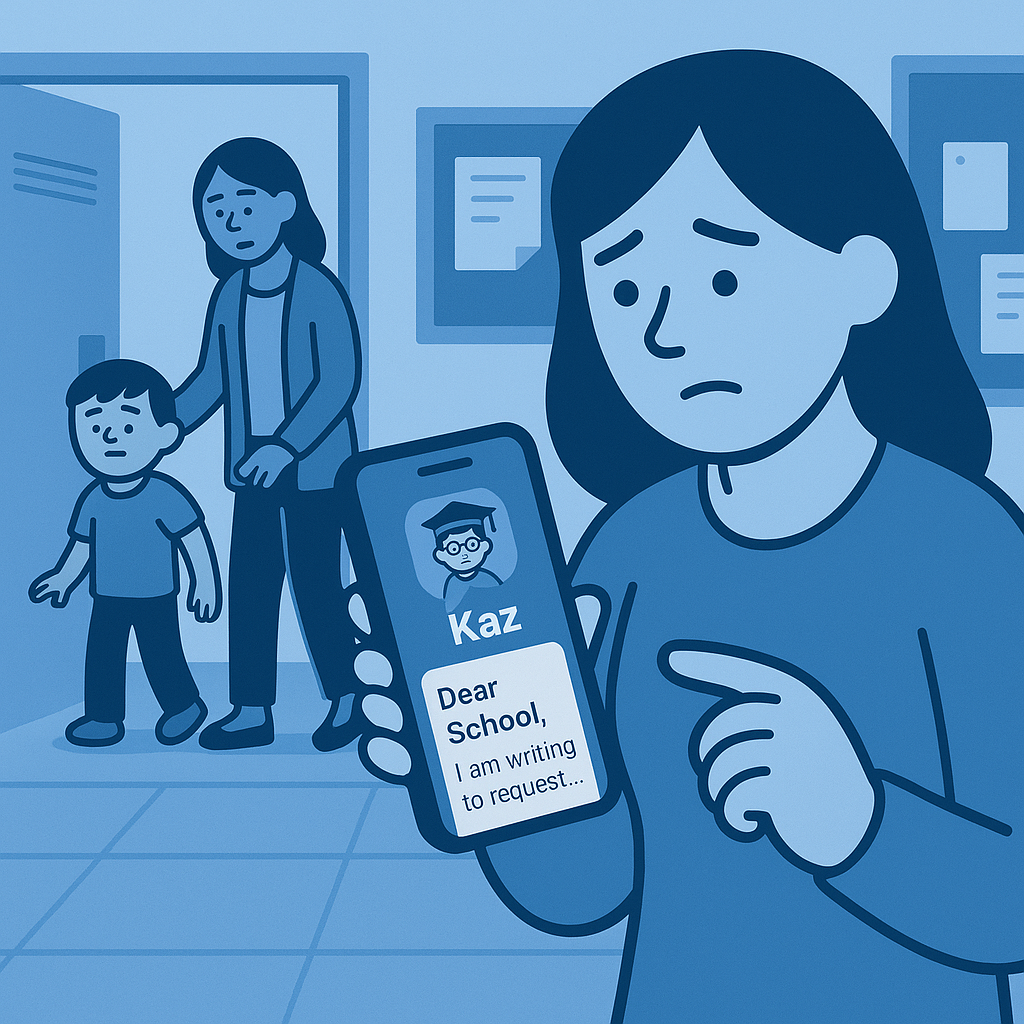Blog / Behavior Isn't the Whole Story — Why Advocacy Matters for Young Kids in School
Behavior Isn't the Whole Story — Why Advocacy Matters for Young Kids in School
A new Texas bill makes it easier to discipline young students. But for many kids, especially in special education, behavior is just the tip of the iceberg.
Texas lawmakers just passed a bill that makes it easier for schools to remove young students — even as young as Kindergarten — for behavior issues.
And for many parents, especially those of kids with disabilities, this news hits hard.
Because what looks like “bad behavior” is often something deeper:
A child who’s struggling to communicate.
A child with ADHD or autism who’s overwhelmed.
A child who’s been suspended before anyone stopped to ask, “Why is this happening?”
What’s in the Bill?
The bill (HB 473), which passed the Texas House, allows schools to place students in Disciplinary Alternative Education Programs (DAEPs) for certain behavior — even in grades K–2.
That’s a big shift. In the past, Texas law generally discouraged harsh discipline for the youngest students. The new bill expands the reasons schools can remove them from their classroom.
But here's the thing: discipline doesn't fix dysregulation. And it doesn't get to the root of what many of our kids actually need.
Special Education Doesn’t Excuse Behavior — But It Can Explain It
This is important:
Special education doesn’t mean schools should ignore behavior.
But it does mean they need to ask the right questions — and respond in the right way.
If your child has a disability that affects how they behave, the school can’t just keep punishing them without considering the cause. That’s why things like Functional Behavioral Assessments (FBAs) and Behavior Intervention Plans (BIPs) exist. That’s why schools must follow manifestation determination rules before suspending or expelling a child with an IEP.
But none of that happens if the child isn’t identified.
That’s Why Early Advocacy Matters
If your child is getting frequent write-ups, sent home often, or you’ve heard the phrase “disruptive” more than a few times — don’t wait.
You have the right to:
- Request a special education evaluation
- Ask for a Functional Behavioral Assessment
- Get input from teachers and specialists
- Be part of the team that decides how your child is supported
Kaz can help you understand what all of that means — and even help you write the request. Because if this bill becomes law, the stakes are even higher.
Schools Need Support. So Do Parents.
This isn’t about blaming teachers or saying every behavior is a disability. Schools are overwhelmed too. But when we only respond to behavior with punishment, we miss the opportunity to understand what our kids are telling us — often the only way they know how.
Special education isn’t a free pass.
It’s a framework for supporting the whole child — academically, socially, and emotionally.
It gives us a path forward that’s rooted in understanding, not just discipline.
Kaz Is Here to Help
Kaz helps parents:
- Understand if their child might qualify for support
- Know what questions to ask
- Write letters or emails to start the process
- Learn what protections apply to their child’s situation
- Navigate state-specific terms, timelines, and rules
Because whether it’s an outburst in math or a meltdown in music, your child’s behavior might be trying to tell you something.
You deserve the tools to listen — and the power to act.
— Keith
© 2025 Meet Kaz, a Public Benefit Corporation. All rights reserved.

